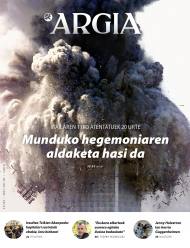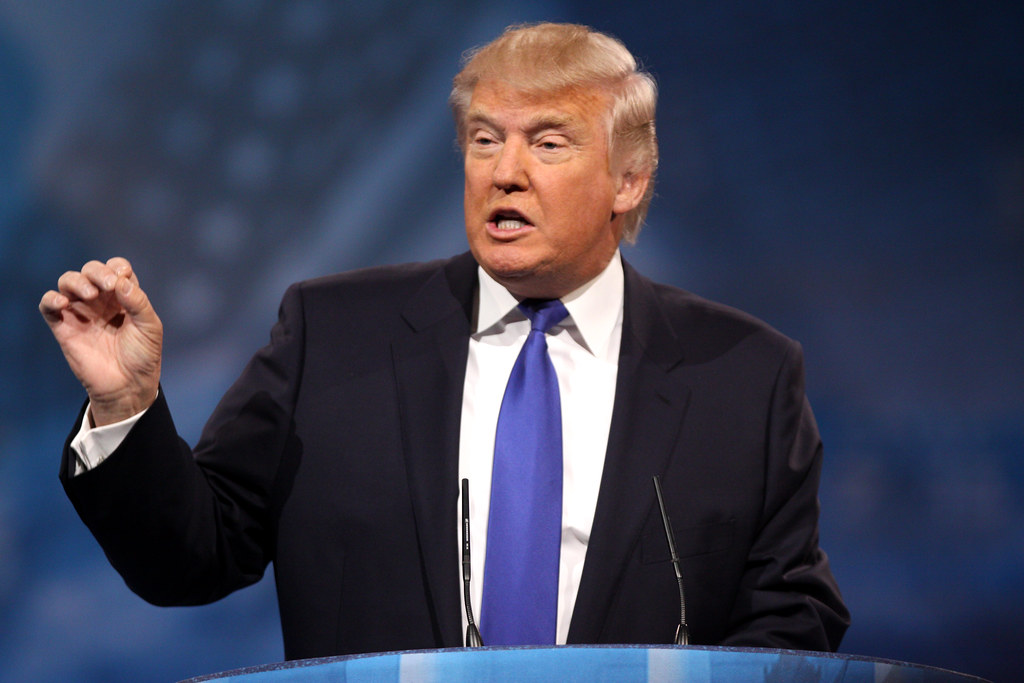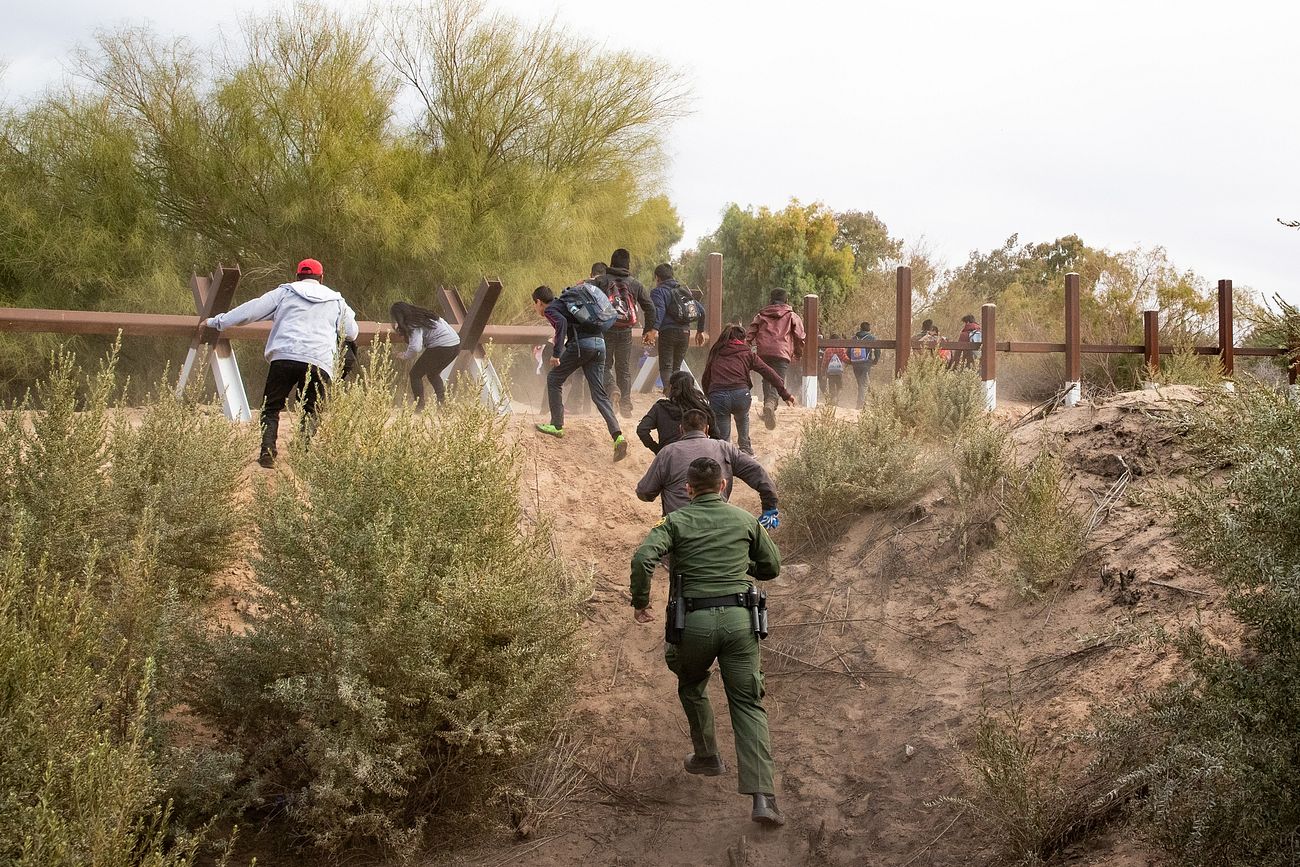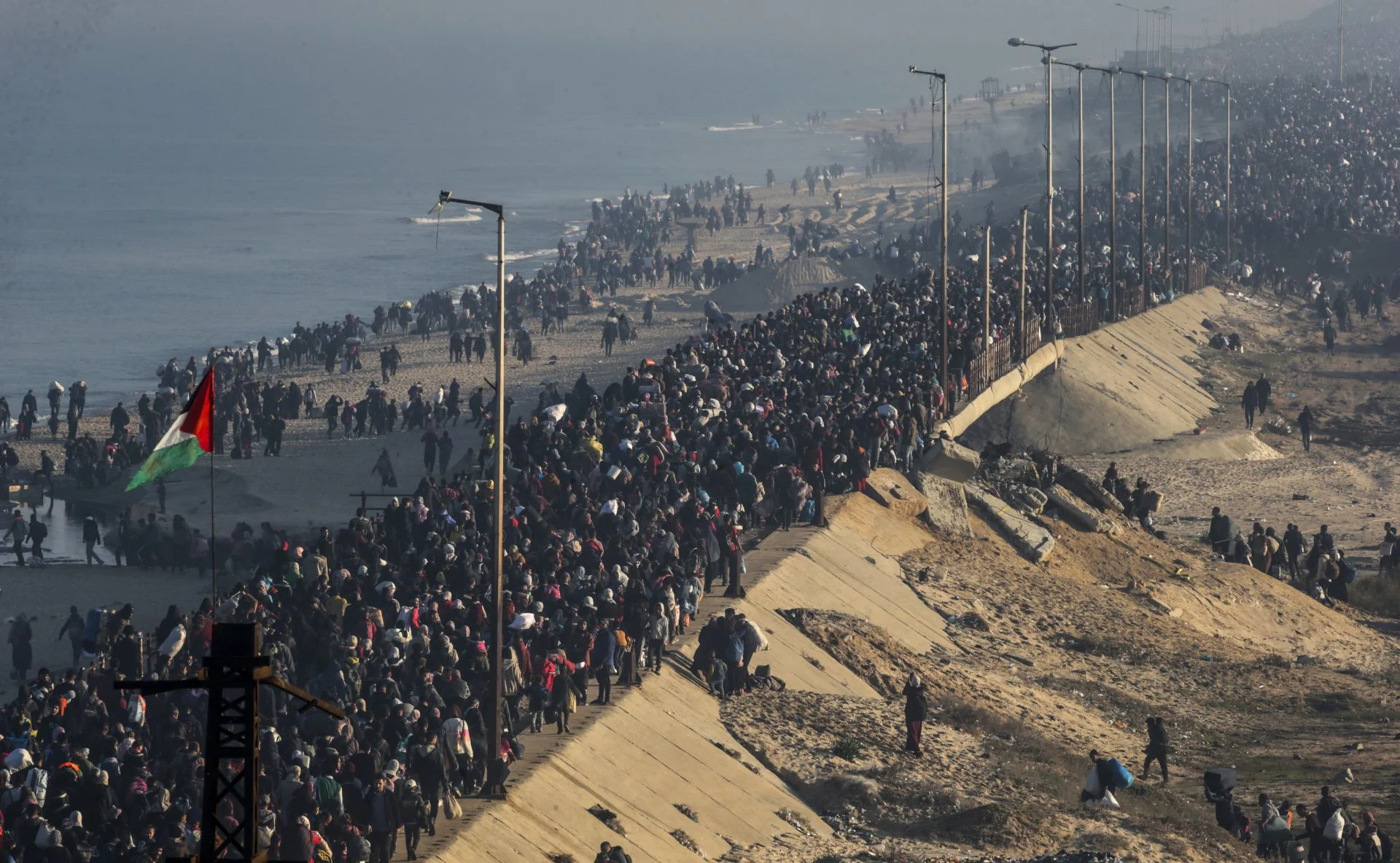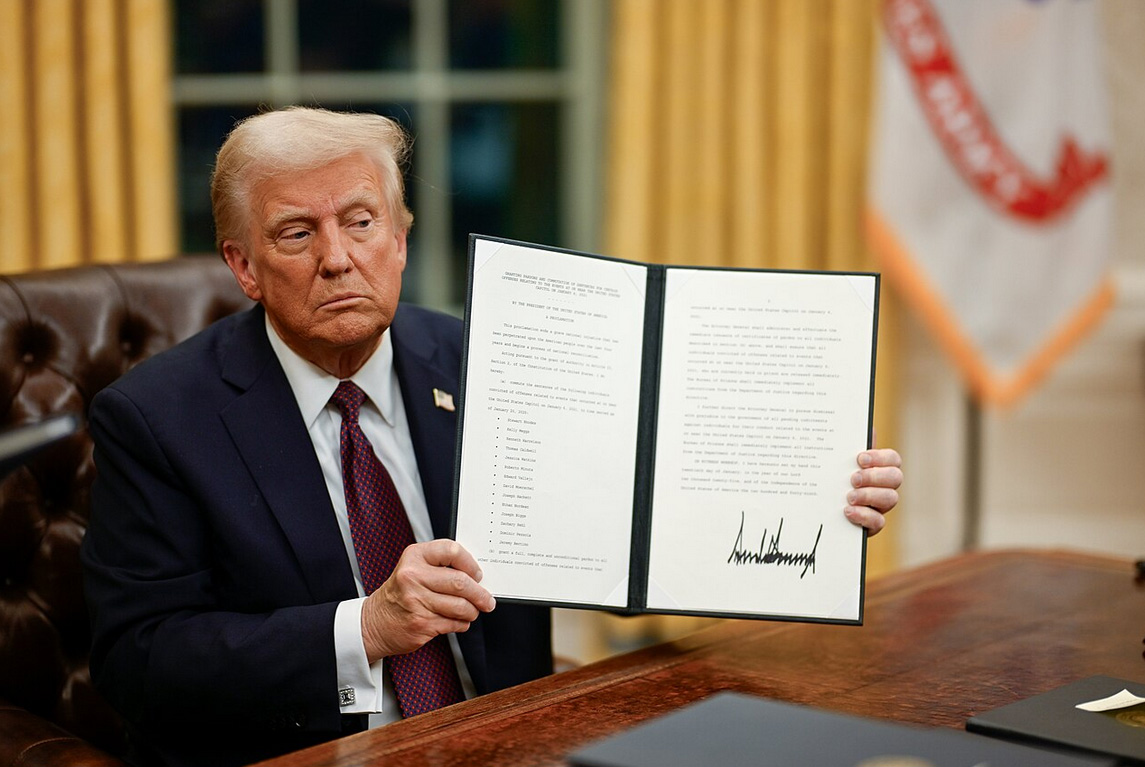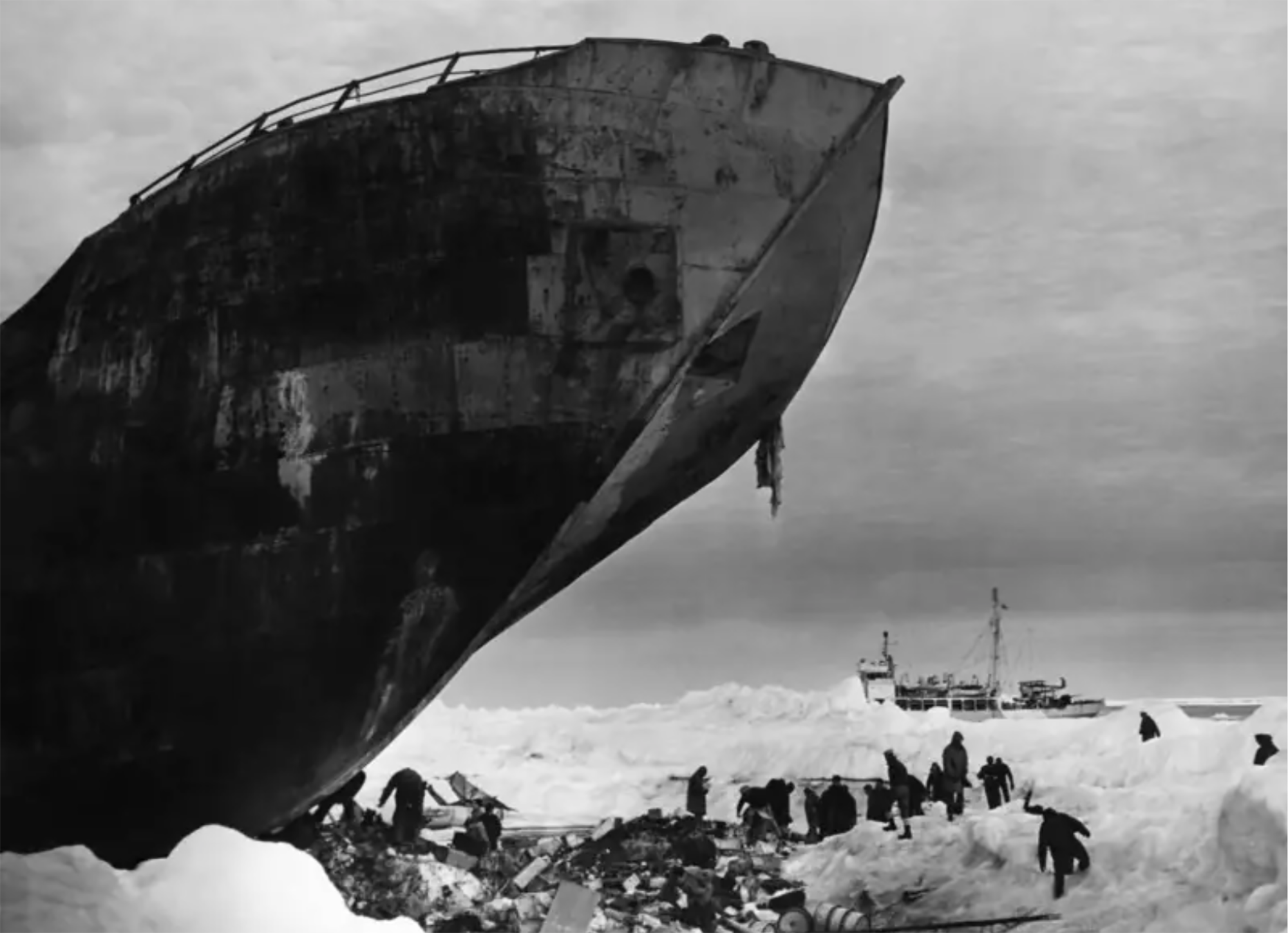From shock to failure 20 years later
- In his book The Shock Doctrine, Naomi Klein explained that the use of psychological shock derived from disasters and contingencies was essential for the deployment of neoliberal policies undesired by people, such as tsunamis, hurricanes or wars, the catastrophe and the confusion that provocaron.En international policy things work in a similar way. The shock caused by the attacks of 11 September 2001 became an excuse to carry out the US imperialist hawks plan for years.
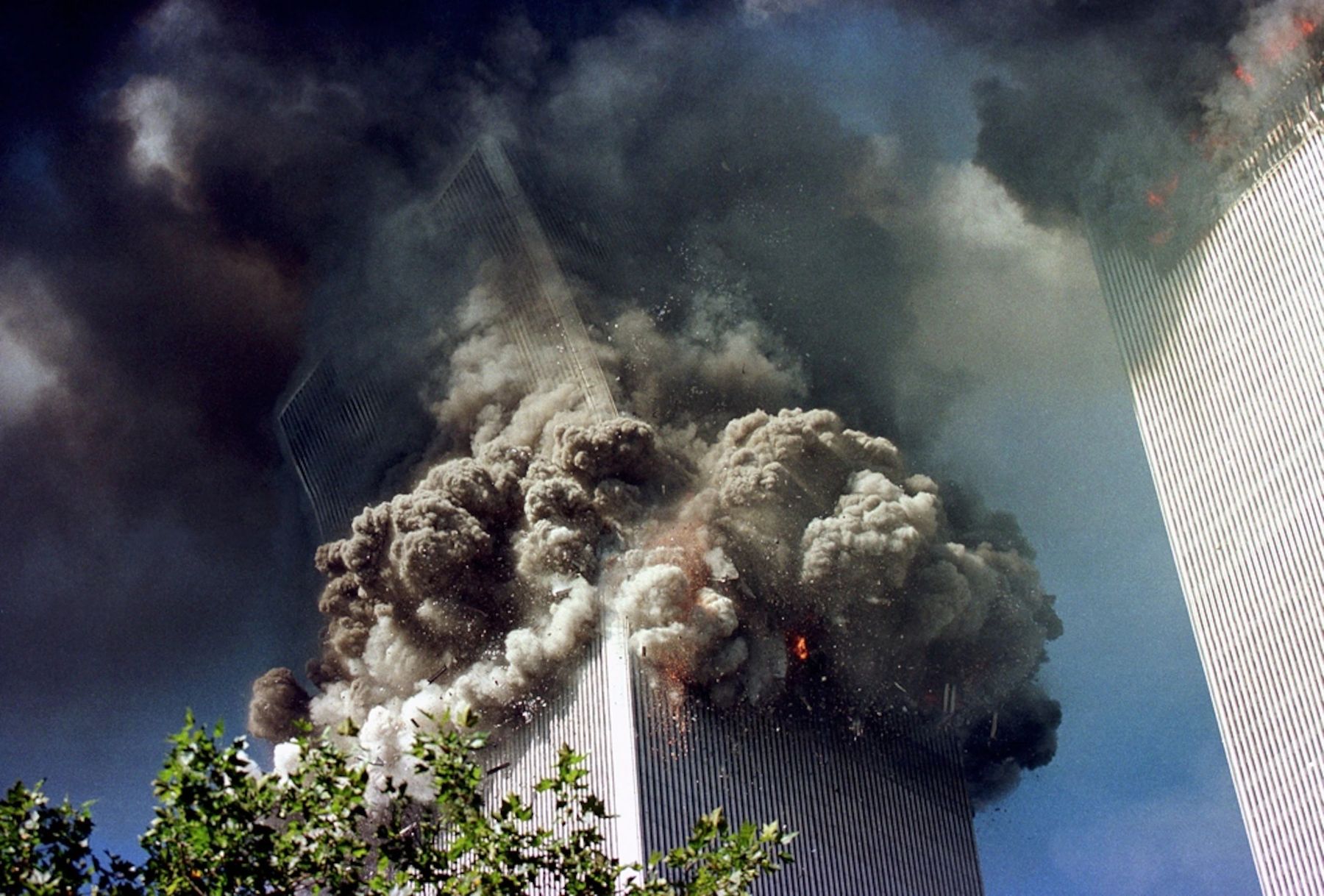
After the fall of the Soviet Union, the United States enjoyed great hegemony in the world, allowing them to widen and widen their influence, opening up new markets and dispersing their army around the globe. For Western countries, they were happy years of globalization and neoliberalism, a hell for developing countries.
However, American hegemony was not absolute. The West had difficult access to regional and national markets and to the exploitation of raw materials. On the one hand, because it had strong competitors, the patrimony of the alternative hegemonies of the decades, and on the other, because in some countries suberanist policies were maintained. Washington hawks knew that they had a limited time to change this reality. Paul Wolfowitz, Under-Secretary of Defense of the EE.UU. For military policy, he told General Wesley Clark in 1991 that, before the next superpower, they were only five to ten years old to end regimes that were not at their disposal.
The problem was that in the 1990s EE.UU. It gave birth in 1945, and it grew almost half a century during the duration of the international order. This, from the point of view of the neoconas, functioned for the United States as an alibi; the country had an enormous military capacity to accelerate the process of expansion of its hegemony, but international legislation slowed down. Most of Washington's political sensitivities were clear that that shirt had to be broken, it was a matter of deadlines. Rapid action required a massive use of violence against international law, which could ruin the international prestige of the EE.UU. and hinder the protection of domestic public opinion and some allies.
The White House had no choice but to follow a slow pace, although they wanted to share the agenda of the neocons rather than speed up. Thanks to Bill Clinton ' s impetus, NATO was most widely disseminated. They changed the goals of the organization and from being a defensive alliance to becoming an instrument of attack. Before this change, in 1995, the war in Bosnia-Herzegovina first and after the military intervention that its regulation did not allow, in 1999 the Atlantic Alliance used the new offensive doctrine by breaking international law for the bombing of Yugoslavia. It was the new face of 21st century imperialism, now wars are humanitarian interventions for the protection and dissemination of “democracy and human rights” (sic), as they were for the dissemination of “Christianity and modernization”.

The intervention of Yugoslavia was limited in form and time, which could be acceptable with the construction of a communication framework suitable for public opinion in the West, demonizing enemies and without a declaration of war. But was public opinion prepared for a permanent war situation? For military operations and mass invasions? Hardly, if there had been no attack on the World Trade Center. Taking advantage of the shock of the attacks, the hawks ended up finding a unique opportunity. In 2001, Washington declared the war on terrorism and then told General Clark that in five years they had to dominate the following seven countries: Afghanistan, Iraq, Somalia, Sudan, Lebanon, Syria and Iran.
It wasn't five years and it wasn't just seven countries. Pakistan and Yemen have also suffered US Army operations. The only one that has been freed from the initial list is Iran, although it has indirectly suffered numerous military attacks in Syria and Iraq, which in practice have remained almost in a state of war by violent blockages and economic penalties.
Over the past 20 years EE.UU. It has not only used the military hammer, it has also strongly affected the economic hammer. It must be remembered that the only institution competent to impose international sanctions is the UN, so the policy of unilateral sanctions so dear to Washington violates international law. However, the list of countries punished is very extensive.
Economic and military attacks have the same objective: Promote change in regimes that Washington has declared enemies. In other cases, when it does not want to change the regime but does not like the government, it has targeted softer strategies to give new coups through the media, foundations, NGOs and, in general, the co-optation and use of civil society.
With allies in the former Soviet space for greater control of Washington, Moscow launched the Color Revolutions strategy to completely eliminate its small impact. Subsequently, it has used this tool in Latin America, adapted, since, in addition to civil society, Washington had many allies in the power apparatus of different countries. Through them, it channels the judicial war against suburban governments (lawfare) and coups d'état.
The strategy of color revolutions was exported to North Africa and the Middle East through the Arab Spring. Success, however, was limited because the low coups of state only work in allied regimes in the West. However, they proved very useful in destabilizing the regimes that Washington intended to attack and modify, in order to build oppositions and wage a direct or indirect war on the pretext of humanitarian interventions.
According to data from the Congressional Research Service, from 1775 to the present, the U.S. army has performed a military operation in 225 years from the age of 246, without military intervention in only 21 years. But the official presence in war is something else, since the 20th century EE.UU. has made six declarations of war: World Wars I and II, Korea, Vietnam, the Gulf War of 1990 and the Permanent War on Terrorism since 2001. Apart from the exception of Vietnam, participation in the rest of the wars was brief. Novelty came in 2001, EE.UU. It is officially 20 years of war in a row, and in that period it has shown a proud attitude towards its citizens and the world.

Thanks to the documents filmed by Edward Snowden and Wikileaks, we have known the details of some of the crimes committed by the US army in the war on terrorism and have known that EE.UU. spy on everyone, including the Americans and their allies.
If at home EE.UU they accepted with complete peace of mind the suspension and cutbacks of civil rights, they behaved like a criminal organization abroad, kidnapping people, embarking on illegal flights and making them enter the clandestine detention centers of the CIA, scattered throughout the world. These spaces formed a network of small “Guantánamos”, where the hostages could be tortured without the support and guarantee of the American legal system and international treaties, among others. The first centre was opened in 2002 at the military base of Guantánamo, which EE.UU. It's in Cuba, and it's still open.
Just as there have been illegal arrests, there have also been illegal killings. The world powers occasionally carry out covert operations outside their borders to arrest or kill their enemies, but because they are illegal, countries have remained secret and denied their responsibility. Over the past twenty years, Washington has broken the tradition by proudly throwing at the four winds some of its illegal executions in other countries. An example of this is the murder of Osama Bin Landen in Pakistan or of General Qasem Soleimani in Iraq.
We are facing the most important transition of the past 500 years in the changes of historical hegemony
But why have so many bombs, blood, deaths and torture served? It has not been for the defence of human rights and democracy, nor for the strengthening of American hegemony. On the contrary, while the military industry has grown rich in these two decades, security companies and private armies have made a big business with public money, the EE.UU. have been steadily weakened.
For the United States and NATO it was difficult to imagine a greater and more symbolic humiliation than the absolute failure of Afghanistan, repeating images of Vietnam, fleeing the embassy in a clumsy, cowardly and disorderly manner by helicopter. In addition, a month earlier, the President of the United States announced at a press conference that all troops were going to leave Afghanistan by September 11, 2021. In addition, he insisted that what has happened would not happen. In the end, without being able to resist or, in mid-August this year, the US army rushed out, without worrying about collateral damage and without sharing or coordinating the decision with its NATO allies, making difficult consequence management a gift to friends, especially the countries of the European Union.
The Empire is slowly falling before our eyes. Not only military, but also economic. At the beginning of the 21st century, more than three-quarters of the countries of the world had the United States as the first trading partner. Twenty years later the picture is very different. China is the first trading partner in more than three-quarters of the countries and the second largest trading partner in world GDP, but given purchasing power, China is already the first.
We are facing the most important transition of 500 years ago in the changes of historical hegemony. The new hegemony will not be a liberal country in the West. China is an Asian cultural civilisation with the will to build socialism, although, in the meantime, the market and globalisation are constantly ready to help. However, their relationship with many countries is not channelled through violence, war and taxation, but by seeking common interests, promoting agreements and promoting trade and economic development. So capitalism and globalisation have not died, they are very alive, the truth is that they are not being piloted in Washington and in Brussels, but in Beijing. The clearest example is the new Zeta, Belt and Road Initiative, driven by China, the biggest initiative to boost world trade.
It's hard to know when the hegemonic transition ends, but it's clear that the COVID-19 pandemic state we live accelerates the process. We're living through the first global event we've ever had in history, there's never been a size fact that affects everyone. The great wars had a great influence, but they did not affect the daily lives of many countries. On the contrary, COVID-19 has barely left any part of the world without suffering the effects of the pandemic. The shock we are experiencing is brutal and, as the economist Branko Milanovic has explained, it will bring political changes. The 2008 financial crisis did not change until two years passed, as the same can happen with COVID-19, and now changes can have a special impact on international policy.
Zutabe hau idazten nengoela, gaia aldatu behar izan dut, nire arreta osoa harrapatu dutelako Trumpen muga-zergek. Azalpen gutxi beharko duzue, leku guztietan da berria, Txinako produktuei %10eko zerga eta Kanadako eta Mexikoko produktuei %25eko muga-zergak jarri dizkie. Trumpek... [+]
Greenland, the end of the 10th century. The first Scandinavian explorers and settlers arrived on the island. But by the 15th century these settlements had been abandoned and the original Inuit remained. But in 1721, the missionary Hans Egede organized an expedition and the... [+]









